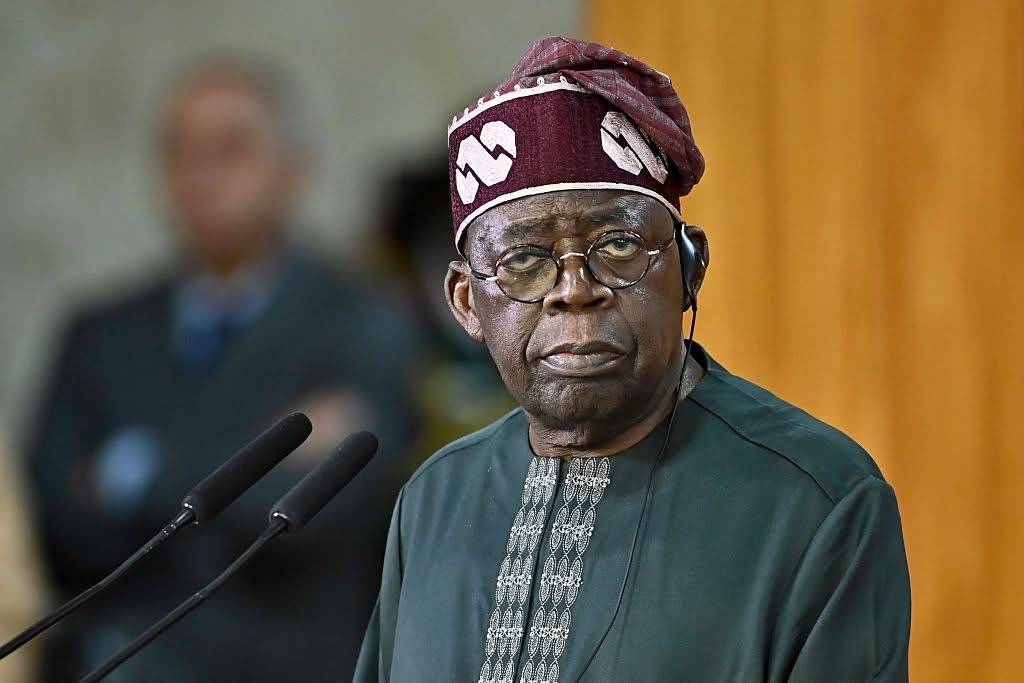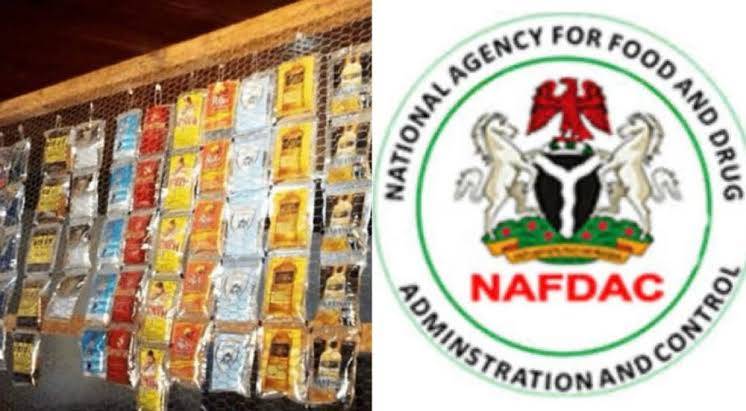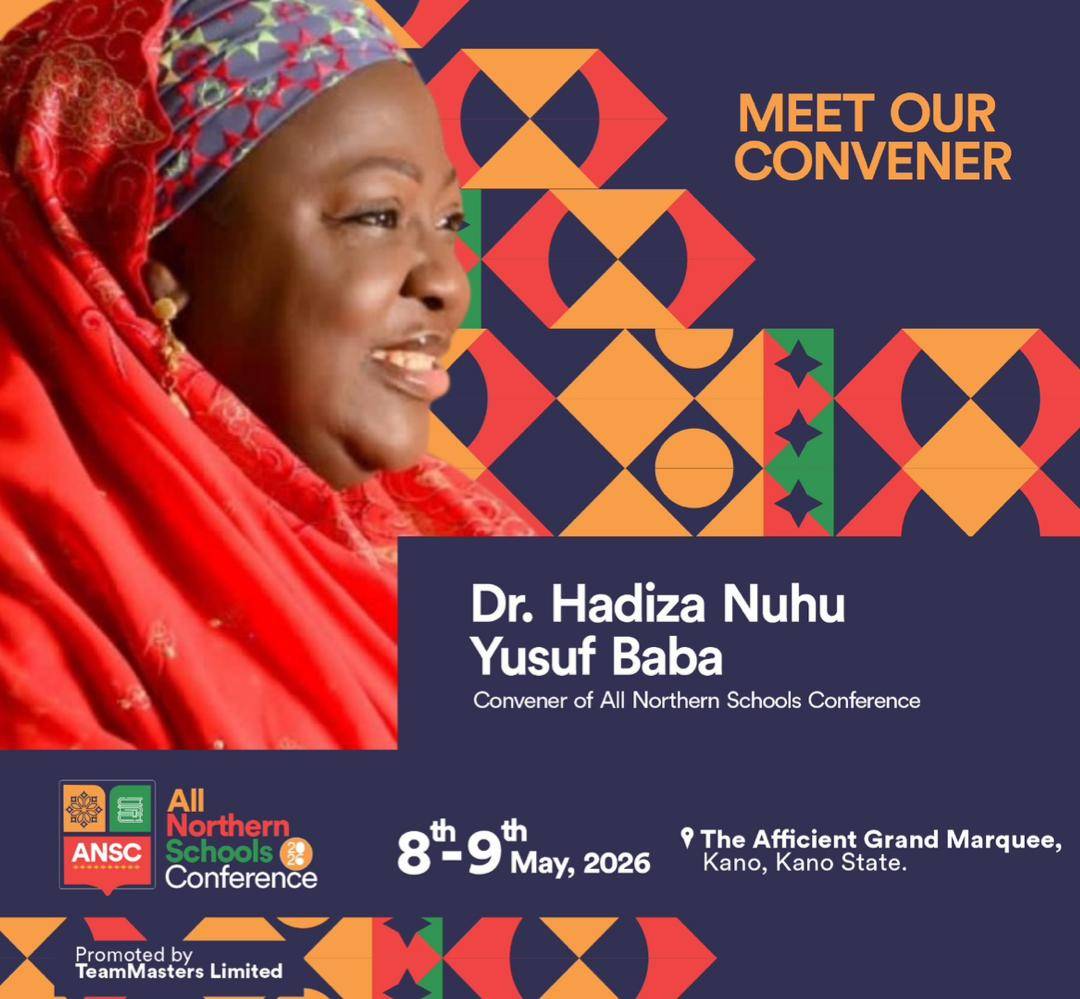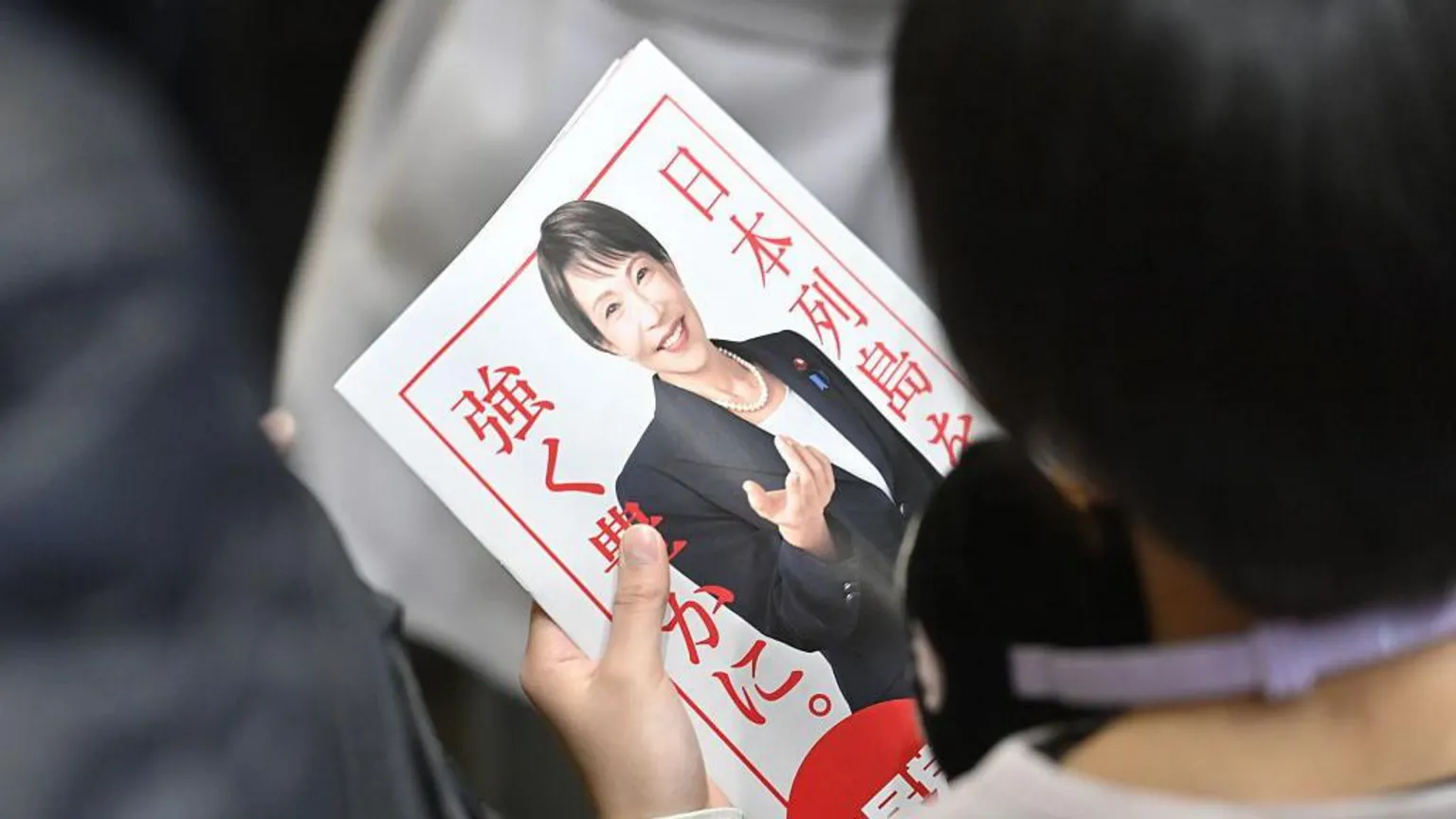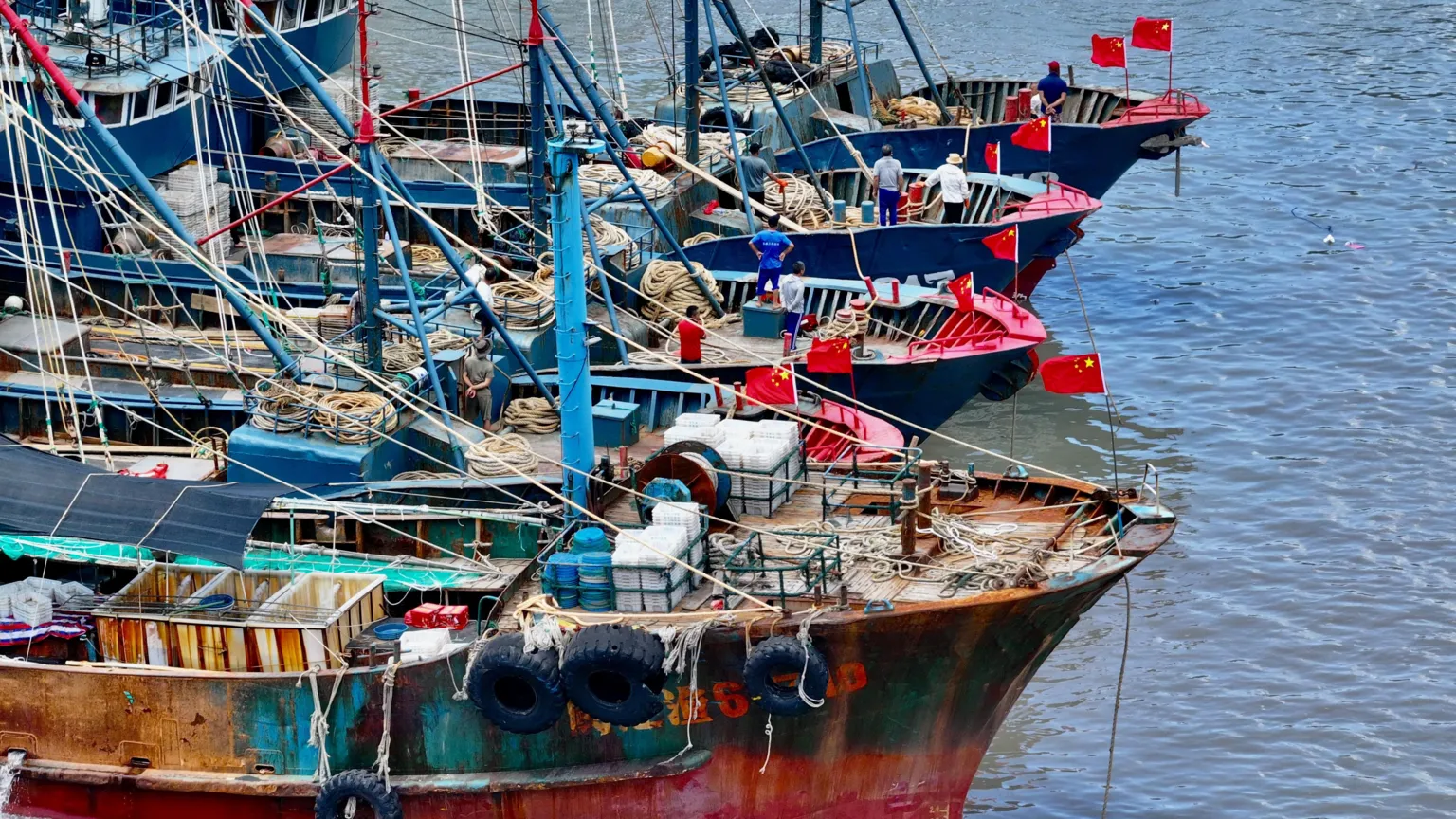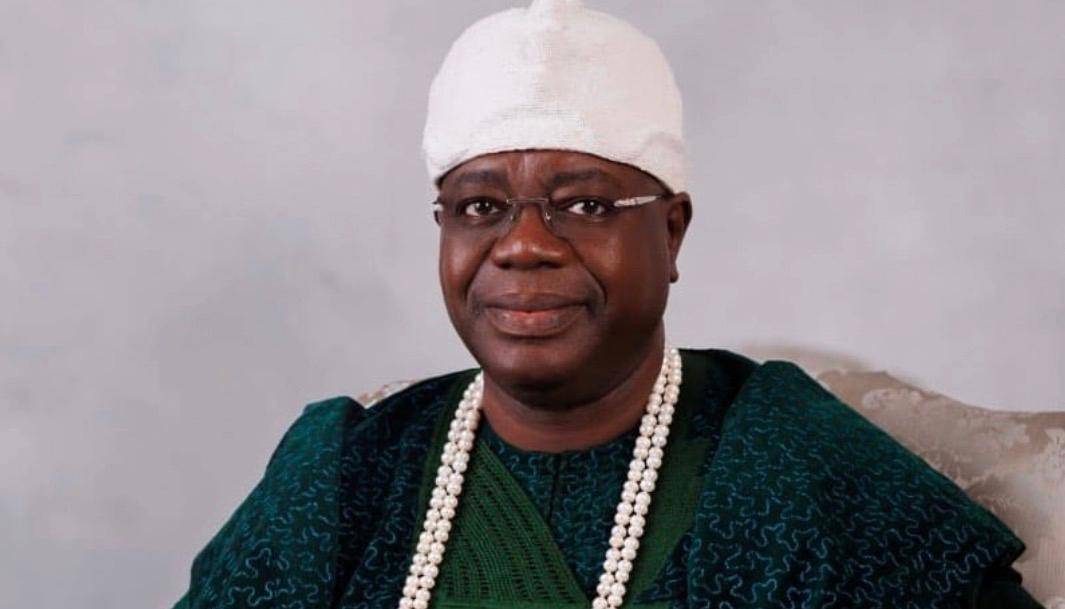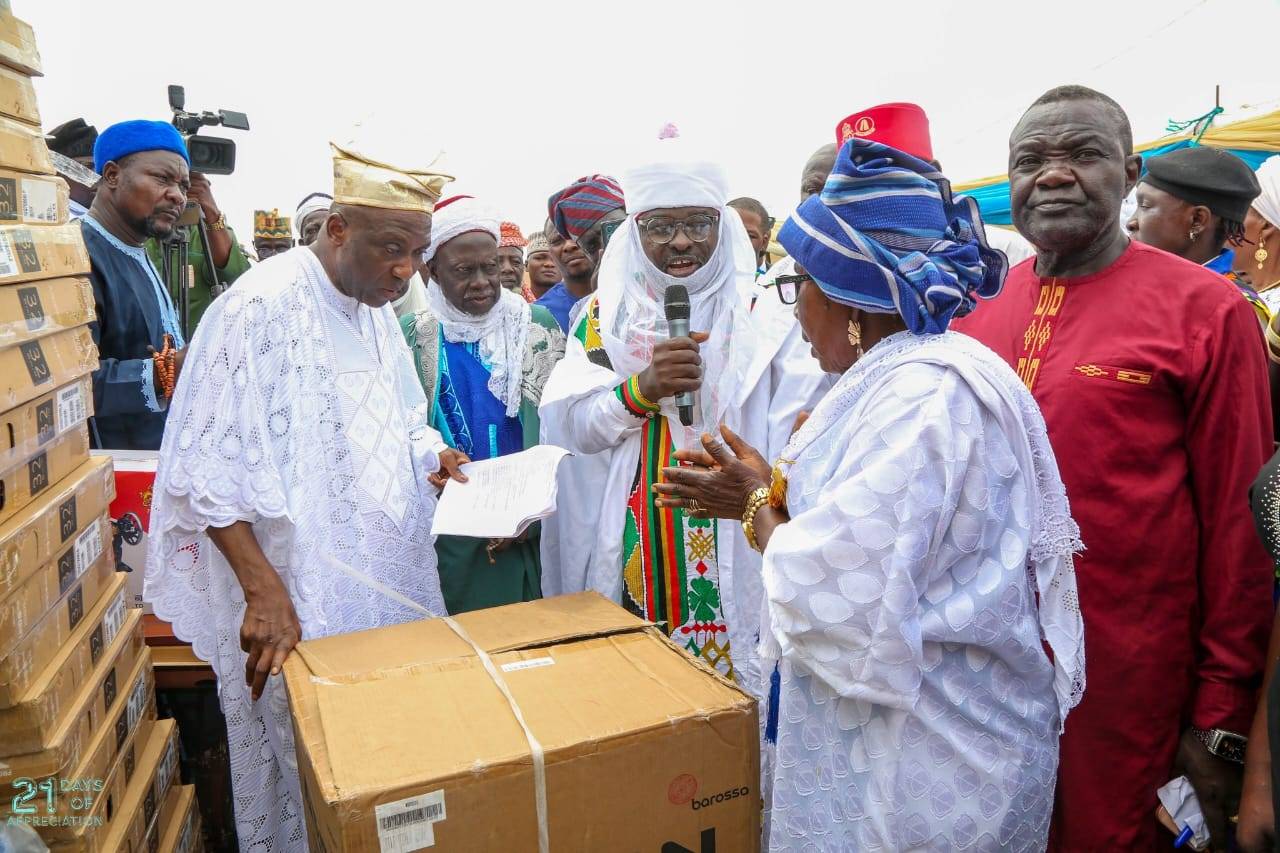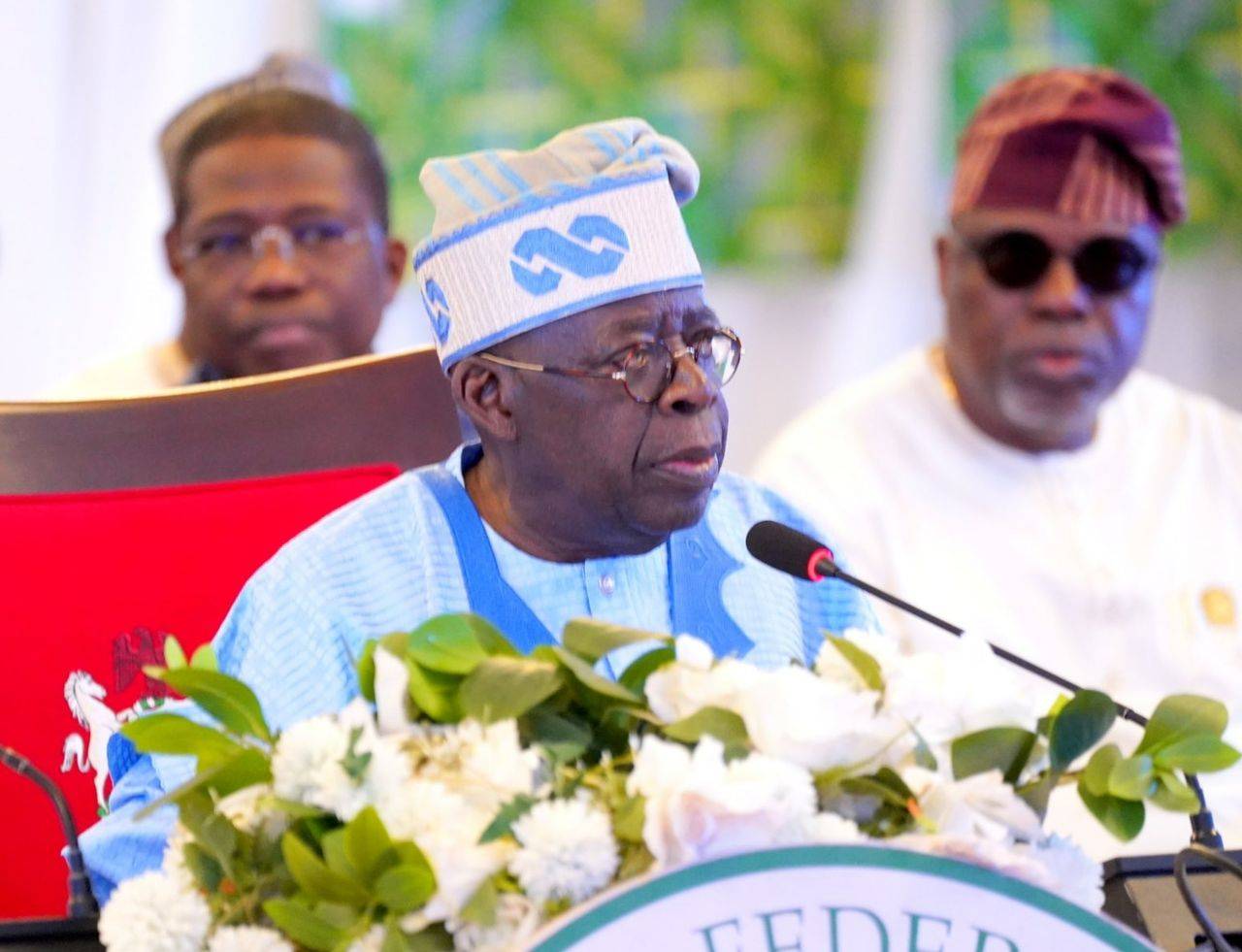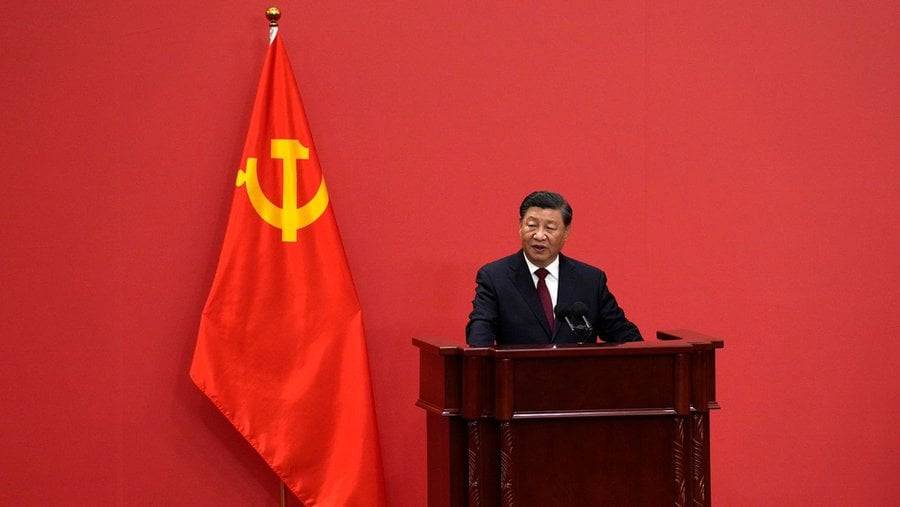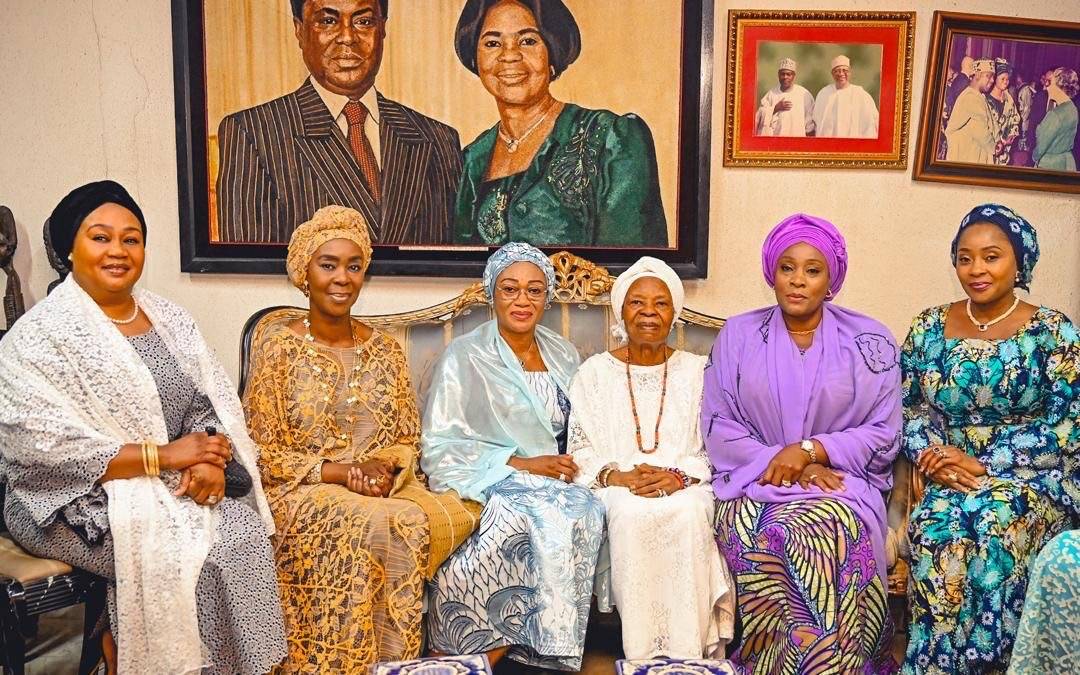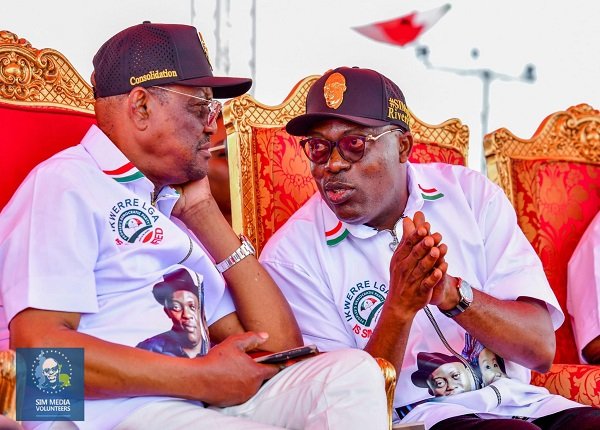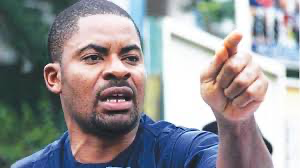By Sam Omatseye
When the very rich appear in public, it is their aura, not aroma, that proclaims them. Not the cars, not the clothes, not the swagger, not the rustle of cash in their pockets.
In their clothing, they are fine without finery. They walk with dignity shorn of thumping their feet like public desperadoes. They speak rather than bawl. Smile rather than guffaw. Their cars glide rather than rumble. Their wealth imbues them with proud humility. They don’t seek attention. They don’t flock to people. Rather, they parry attention for being too much.
It is not that they don’t have vanity. Their earnings, fame and status have smothered their rights to show off. Class and status ooze rather than explode around them. They glow in their own orbits, an immanent glory.
Nigeria’s top man of money, Aliko Dangote, is such a man. But what sets him apart in this season is his act of charity in a time of scarcity. When the federal government asked that palliatives go to the poor, there was reluctance from the ornate class. Even many governors had to be jolted out of their lack of charity. But the soft-spoken billionaire evinced a million megawatts of love. He was going to distribute a million bags of rice to Nigerians in the 774 local government areas of the country. Target: a million poor families.
With his Aliko Dangote Foundation, he set out on a mission to help. In Kano, he distributed about a hundred thousand 10 kilograms bags of rice.
In Lagos, beside the BOS of Lagos, Babajide Sanwo-Olu, he let go 80,000 bags of rice. His foundation collaborated with the infrastructure of the government. From Ekiti to Zamfara, many households eat because he refused to dine alone in his halo of plenty. Not the Lazarus and rich man scenario. No ulcerous sore oozed under a table of majesty dropping crumbs from a spread where peacocks fed fat and drank in between burps of flatulence.
Sometimes we distinguish charity and philanthropy, but Dangote’s act is charity within philanthropy, if we define charity as an impulse and philanthropy as corporate. We always imagine the rich in their garish splendour, in fables of car, food, wine, clothes, private jets, et al.
But a wealthy man who does not think of the society is what in my childhood days in Warri we called “money miss road.” In his novel, The Portrait of a Lady, Henry James describes rich people as those who have enough money to “meet the requirements of their imagination.” Why is it that the federal government revealed that we have a lot of idle billions in Nigerian banks? Especially in dollars. Yet the naira was plummeting and the rich were gloating.
It is where capitalism lost its conscience. A capitalism that disdains the poor is suicidal. It is lumbering towards a storm. Droplets of poison drip into its golden bowl. It was its rabid hour that gave birth to Karl Marx and the Russian revolutions in early part of the 20th century. It was the failure of socialism to recalibrate itself in the world of ideas that allowed capitalism to refresh itself by borrowing from socialism. This resulted in the welfare state. So, in spite of the self-proclamation of the eternity of liberal ideas, capitalists know that for rich men to fatten in peace and follow Thorstein Veblen’s formula of conspicuous consumption, the poor must have enough. If your mouth is busy, you cannot shout of hunger.
It is a failure of imagination of our rich that they consume with contempt. They take for granted the poor’s lack of organized system. They fail to rebel well or turn the hierarchy on its head. Some have shaken the system with a bedlam of rhetoric about revolutions. They have failed, though, because we have too many social impediments to a people’s hour in our history. The youth pockmarked its era with EndSars, a moment of generational pratfall.
A former governor told me recently that there are quite a few persons in this country with cash who are pining for ideas of what to do with them. When Warren Buffet had such a burden, he handed a lot to the Bill and Melinda Gates Foundations. There is so much poverty and ignorance, and want of ideas is a marker of a breed of dry-eyed and unthinking billionaires.
The idea of palliatives gave the platform to the rich. Even at that, how many take this advantage? Im moments like this, especially of crisis, the theory of government as a night watchman attracts no success. The job of government is not just to protect, but to be proactive. This is an activist moment for government. Hence, it dished out grains form reserves and inspired the governors to do so. When the president told governors to “Spend the money. Don’t spend the people,” he was keying into that activist sentiment.
Dangote has been at this for a while. He feeds 10,000 vulnerable people daily in Kano with 20,000 family sized loaves of bread. In Lagos, he feeds 12,500 daily with bread. He has partnered with Bill and Melinda Gates Foundation for polio. He has endowed business schools in universities in Kano, Zaria and Ibadan. In Lagos’ hovel of the poor known as Mushin, has benefitted from his scholarships involving about 250 indigent children.
Reports have it that costs of food have started to show signs of coming down. Eggs and rice, for instance. If charity helps a million families feed, it also helps them buy their own. Why? Because plenty of free rice will pare prices and show hoarders and smugglers that there is an alternative to crookedness. This is the market side of charity. This makes Dangote’s charity an example for all those who think that the first thing to do with their wealth is to run for political office. There are other ways to charm a crowd. Forget ego. Try kindness. Here, Dangote models with his five-star act.
Culled from The Nation



